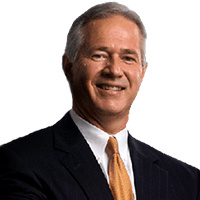Chatfield DUI-DWI Lawyer, Texas
Sponsored Law Firm
-
 x
x

Click For More Info:
-
Noemi A. Collie, P.C.
1012 N. Bishop Ave. Dallas, TX 75208» view mapCriminal Defense Law Standing Up For Your Rights
We are the region's leading law firm, and have been for more than 20 years. Don't face a criminal charge alone.
800-930-8960
Robert Rieker Carsey
✓ VERIFIEDWith over 10 years of experience representing clients who have been injured and wronged, Rieker recognizes the power disparity between ordinary people... (more)
Knox Fitzpatrick
✓ VERIFIEDAfter earning a statewide reputation for excellence as a prosecutor, Knox Fitzpatrick, in 1994, brought his formidable trial skills and gift for legal... (more)
John R. Teakell
✓ VERIFIEDJohn R. Teakell has over 30 years experience in criminal law as both a prosecutor and criminal defense attorney. Those charged with serious crimes see... (more)
Michelle Lyn Poblenz
Clients come to me during dark or difficult moments in their lives, seeking guidance and clarity on what to expect from the legal process. My primary ... (more)
FREE CONSULTATION
CONTACTFREE CONSULTATION
CONTACTFREE CONSULTATION
CONTACTFREE CONSULTATION
CONTACTFREE CONSULTATION
CONTACTFREE CONSULTATION
CONTACT Noemi Collie Dallas, TX
Noemi Collie Dallas, TX Practice AreasExpertise
Practice AreasExpertise





